
Education is a torch – let teachers light the way
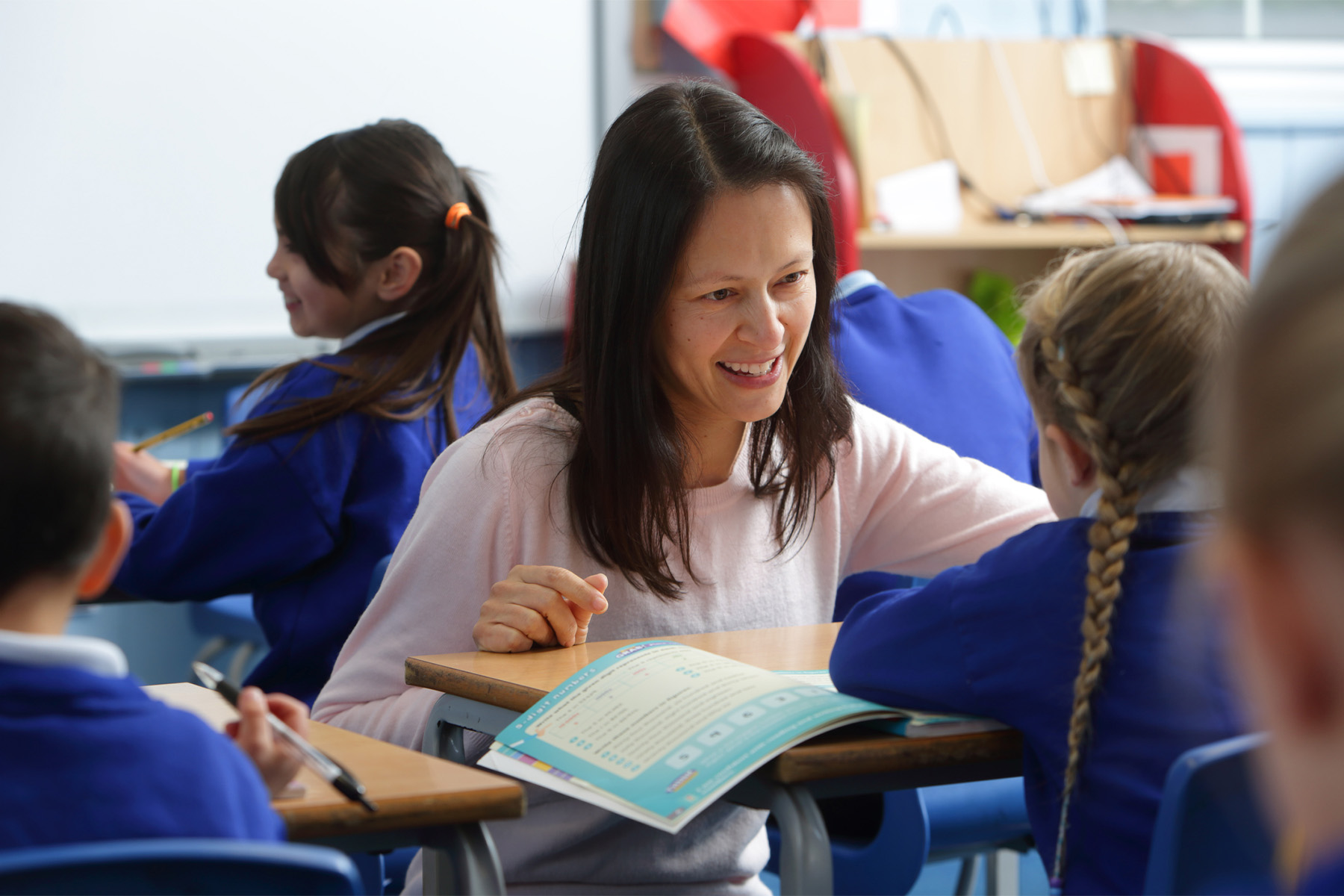
To fix public education in Australia we need to harness teachers’ knowledge and stop undermining their love for the profession
Published 11 July 2023
Australia has been in the grip of a crisis in public education for well over a decade.
Teachers are burnt out and leaving the profession in large numbers. Enrolments in teaching courses have dropped and many students who start courses are not finishing their degrees.
Many attempts to fix public education have promised ever more systematic and rigorous approaches to teaching and learning.
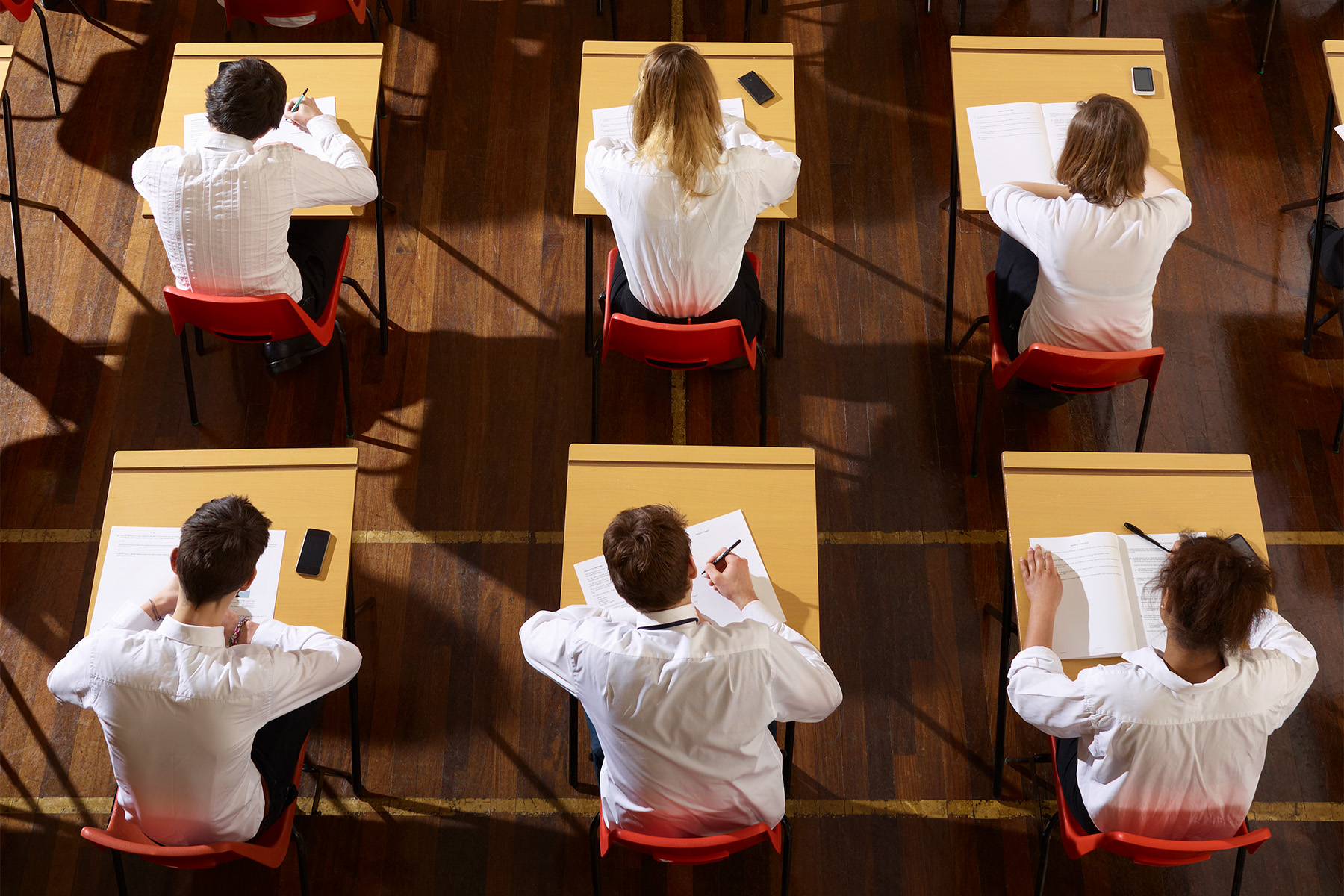
Despite their efforts, problems with public education and teacher shortages remain.
So why can’t we fix the problem?
The State and Federal Governments just committed to reforms of initial teacher education courses that promise more regulation and conformity, but what if increased oversight of teachers is part of the problem?

Education under the microscope
Borrowing from the vocabulary of business and commerce, decades of educational reforms in Australia have promised new targets, higher standards and stricter measures of accountability.
Reforms of this kind share an assumption that tighter discipline and regulation will improve student outcomes. The latest approach – that has in principle support from Education ministers – seeks to overhaul university courses that educate teachers.
Led by the former Secretary of the NSW Department of Education and current Vice-Chancellor of the University of Sydney, the Strong Beginnings report makes 14 recommendations designed to ensure new teachers understand and can apply effective teaching practices. This is intended to improve student outcomes and help stem the flow of teachers leaving the profession.
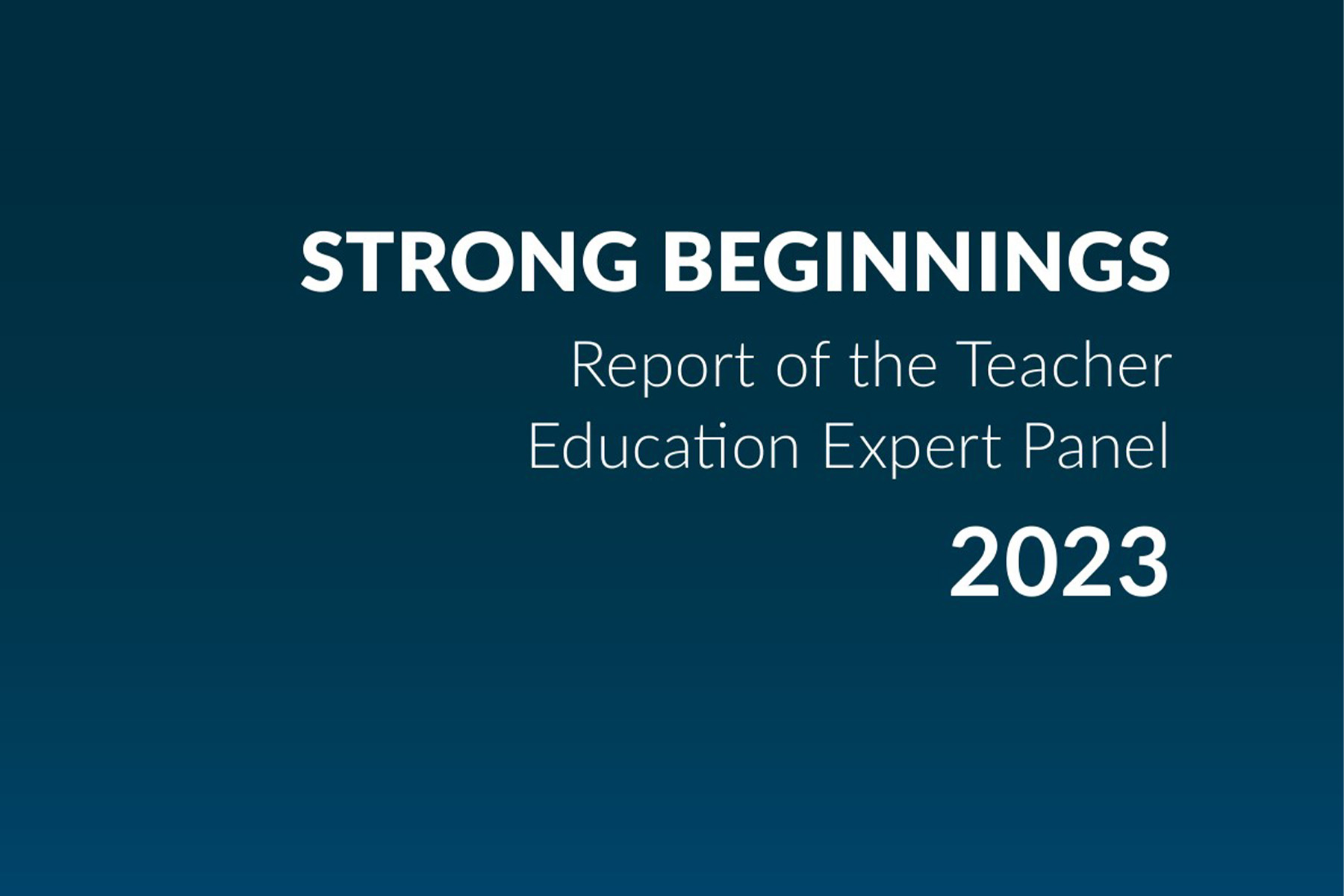
The first two recommendations outline four ‘core content’ areas that must be established and embedded into the curriculum of initial teacher education. These include:
The brain and learning – understanding why specific instructional practices work
Effective pedagogical practices – understanding how teaching strategies respond to how the brain processes, stores and retrieves information
Classroom management – including rules and routines, proactive practices, managing behaviour and whole-school frameworks
Responsive teaching – content that ensures teachers are teaching culturally and contextually appropriate material.

The report argues that when teachers understand and can apply these theories and practices, they are more likely to stay in the profession.
As Laureate Professor in Education, Jenny Gore points out, these areas of focus in teacher education are already part of teacher training courses. But the level of detail provided by the panel for what must be included in initial teacher education programs is astounding.
This is the logic of the microscopic view: when problems persist, take a closer look. Control the moving parts.
Yet when looking through the microscope, the biggest problems confronting public education are hidden in plain sight.
Despite rising costs of living and record house prices across the country, the report makes no mention of teacher pay and conditions. Instead, the report assumes that teachers are leaving the profession because they lack relevant skills.
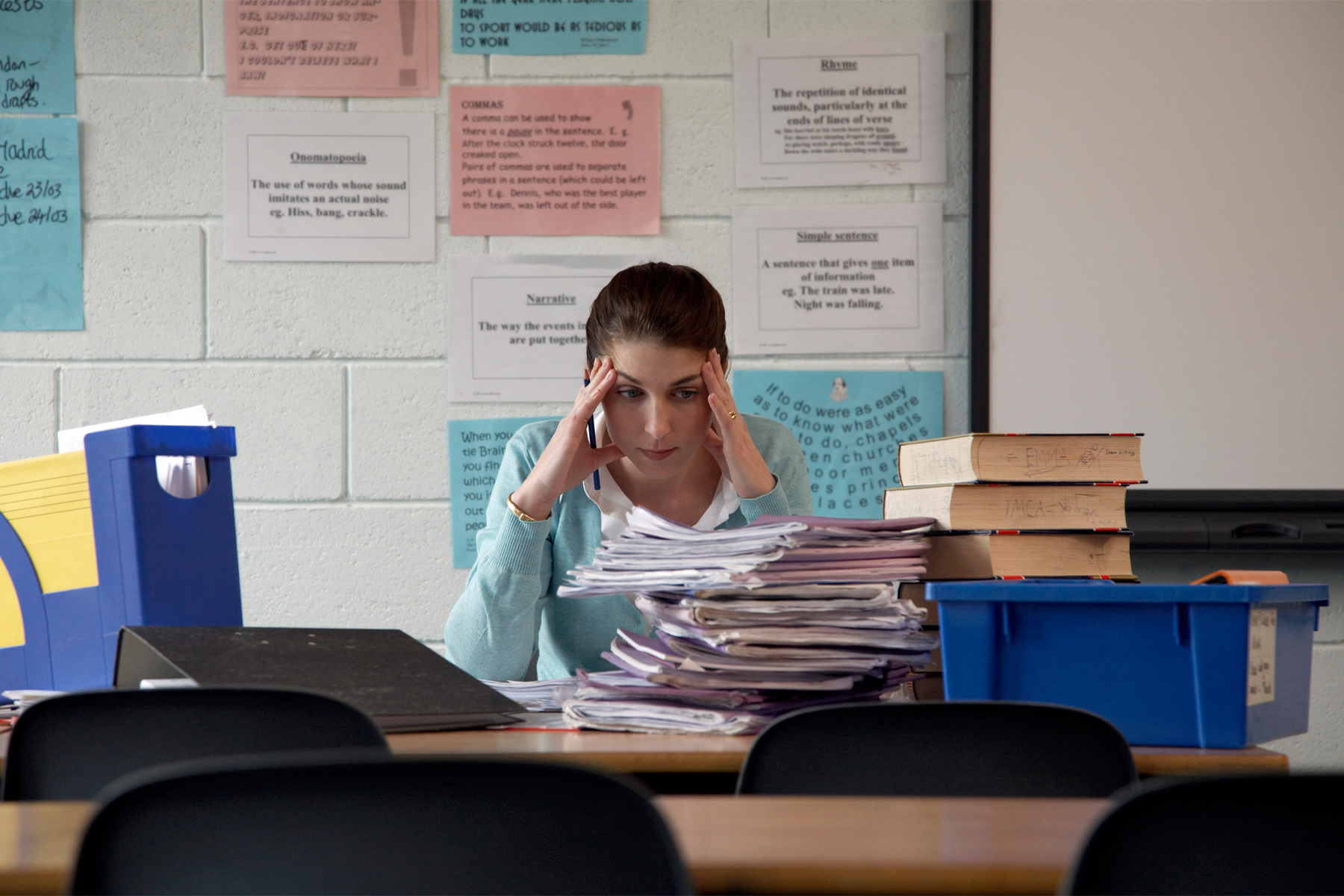
What is more, under the microscopic view, the debate about the purpose of public education is substituted for a focus on the human brain and its capacity to store information.
This view of education encourages teachers to teach to the test and rewards schools for doing so. It downplays creativity and independence in favour of learning through discipline.
Conceiving education as a biological process rather than a social one, the public and civic possibilities of education are thwarted. Teaching is confused with instructing. Learning is mistaken for training.

Education is a torch
What if punitive reforms were contributing to teacher burnout by undermining a love for the profession?
And what if reforms harnessed the knowledge of teachers rather than assuming they lack it?
The best teachers know that all children are extremely capable when they find what they are learning compelling. This is why poorly performing children can learn complex strategy games but might struggle to rote learn phonemes. Increased levels of numeracy and literacy are by-products of curiosity and wonder.
The best teachers know that you prevent children from swinging on their chairs by engaging them before they get the urge. A positive learning environment is created when students know that teachers care about them and what they are learning and not because they insist on rules.
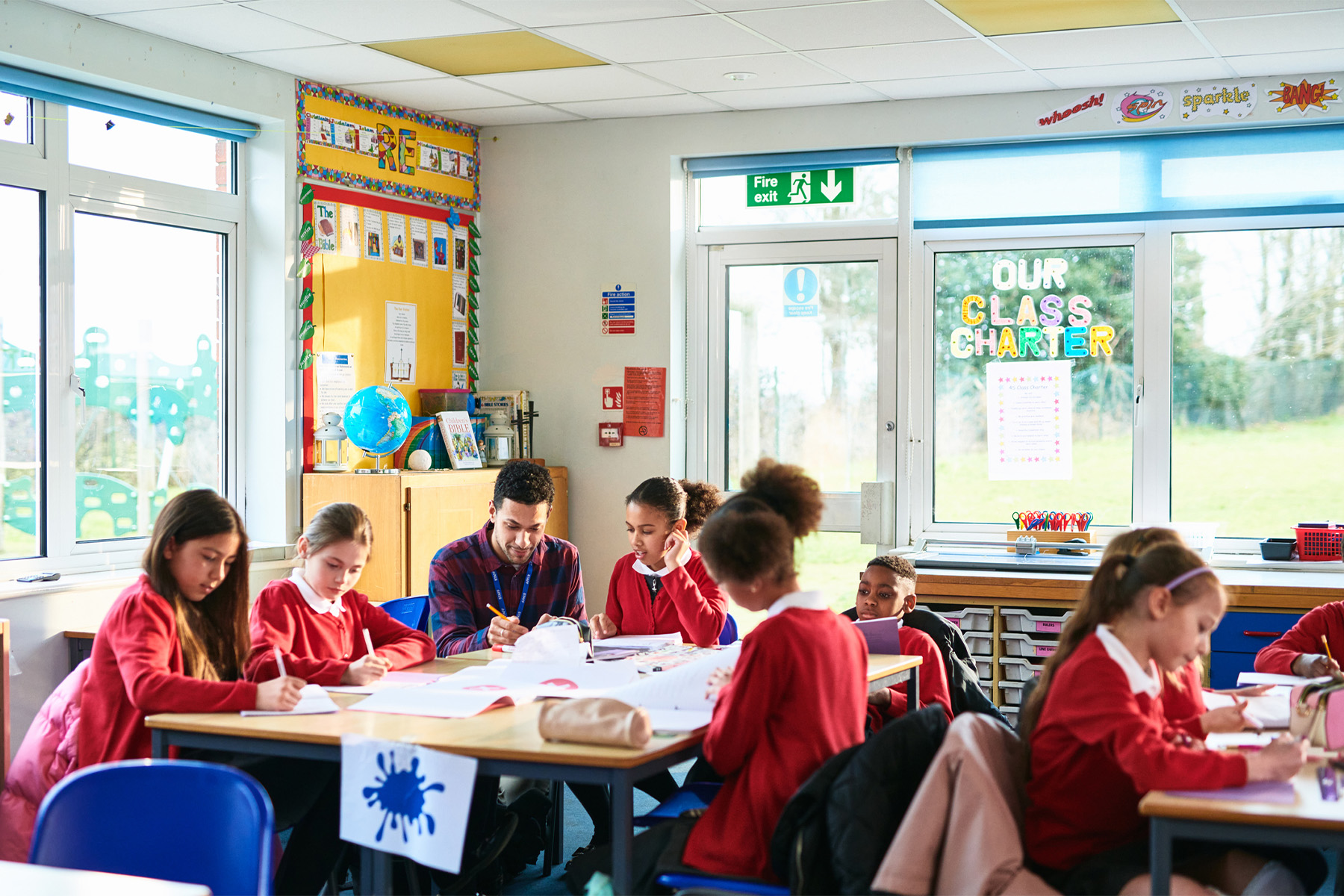
The best teachers know that education is not about the acquisition of facts and the capacity to remember them. Education is an invitation to broaden one’s horizons and embrace the unfolding of possibilities. Effective teaching is about guiding students through that process.
Education is not about changes in the brain but about changing the world together. It’s about building connections with peers and seeing the world in a new light.
Discovering the unknown. Illuminating something new. Seeing in the dark.

Education
Are the kids OK?
The best teachers know that education is a torch.
The people behind the microscope have failed to deliver the changes public education needs in Australia. We let the proponents of standards, metrics and testing dictate the direction of public education at our own peril.
These are dark times for public education. It’s time to move away from the obsession with regulation and oversight. It’s time to swap the microscope for a torch.
We need teachers to hold the torch for our children. We need learning to be the light.
Banner: Getty Images
